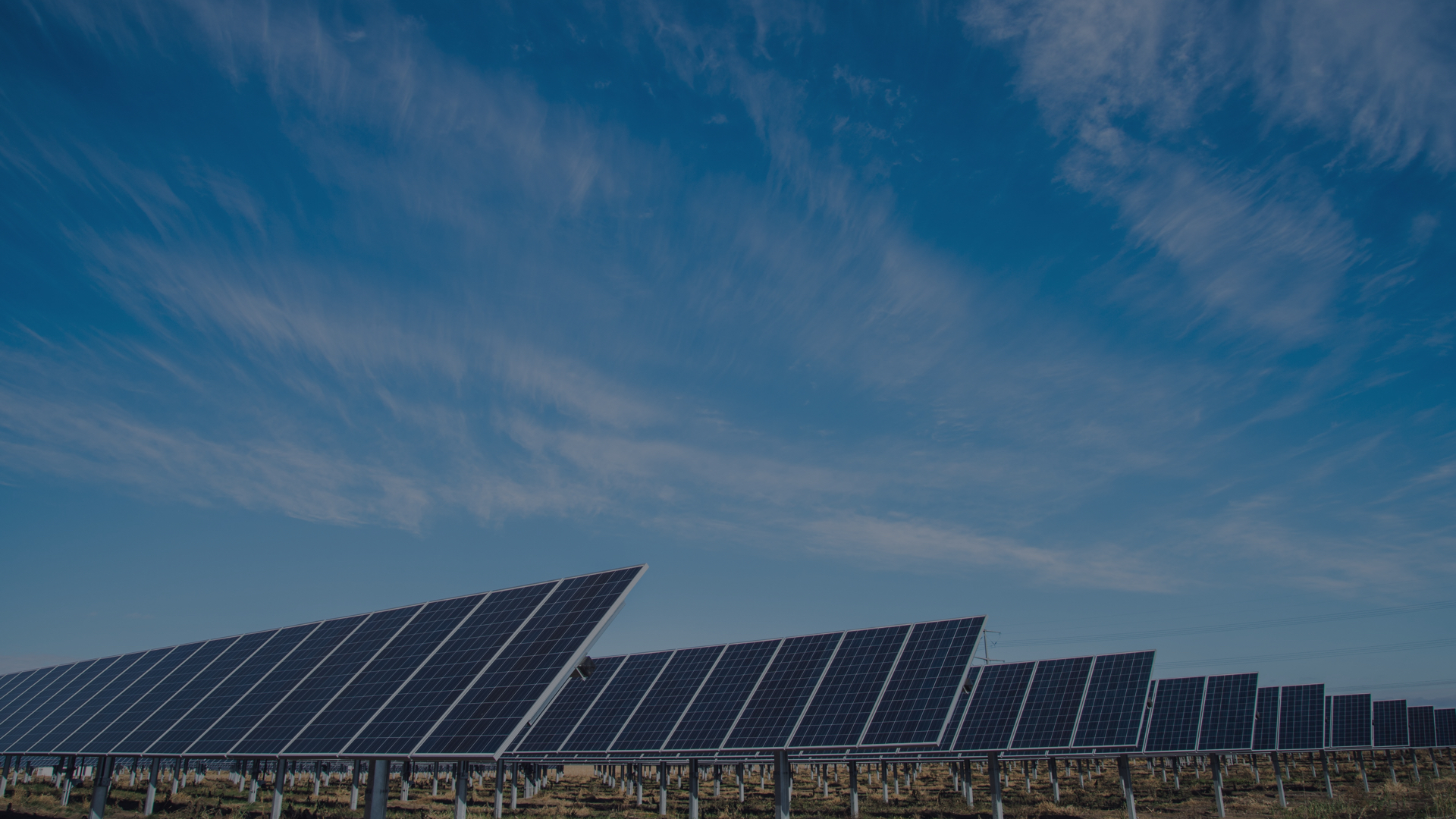The Energy and Climate Change Committee has criticised energy regulator Ofgem for failing to take necessary action to ensure that energy company profits are made more transparent.
A new report from MPs who are on the committee has said that this is "undermining trust" in the energy market. Furthermore, they have called on a more competitive market, with the most profitable companies investing in Britain's energy infrastructure for the future.
As the 'Big Six' energy companies have many facets to their business, it is often unclear what part of the firm is actually making profits and how much these profits are. This is why more transparency is needed, in order to reassure consumers that the rising energy prices are not helping to fuel excessive profits elsewhere.
Speaking on the Committee's behalf, Sir Robert Smith MP said that Ofgem should "shine a brighter light" on how energy companies run from the inside.
"At a time when many people are struggling with the rising costs of energy, consumers need reassurance that the profits being made by the Big Six are not excessive," he added.
"Unfortunately, the complex vertically-integrated structure of these companies means that working out exactly how their profits are made requires forensic accountants."
The MPs have criticised Ofgem for their "light touch" approach to the issue, and for not implementing all the systems recommended by accountants the regulator commissioned to achieve this transparency.
"Fuel poverty is getting worse as energy prices rise making it all the more critical that the government must respond to the Hills Review as a matter of urgency," Sir Robert said.
"Tax-funded public spending is a less regressive mechanism than levies on energy bills, which can hit some of the poorest hardest. Shifting the emphasis from levies to taxation would help protect vulnerable households."
For households looking to tackle the effects of fuel poverty, accessing schemes such as the Green Deal could see renewable systems installed at no upfront cost to the householder. Many social landlords are also looking at adding solar panels and other technology to properties in order to help their residents reduce their monthly or yearly bills.
